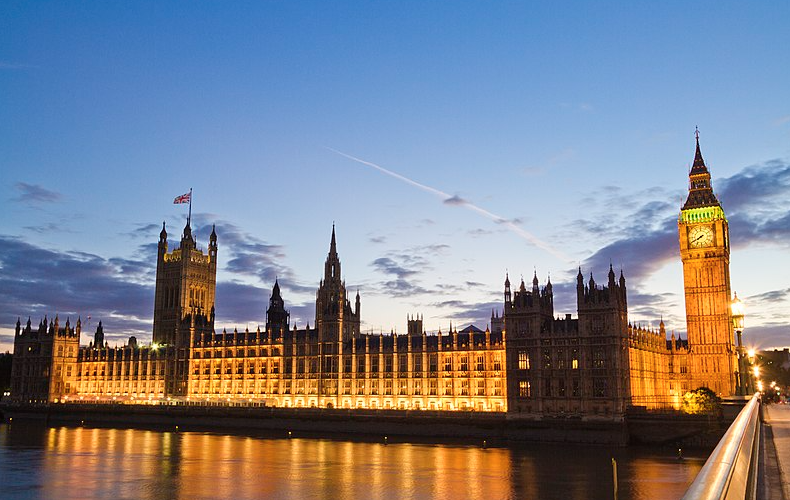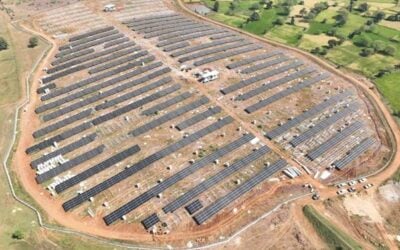
The UK government has cemented the role of energy storage as a generation asset in last week’s landmark Energy Bill.
The Bill was passed last week (6 July) by energy minister Kwasi Kwarteng and is designed to boost the UK’s energy security in light of recent market volatility. It was covered in-depth by Energy-Storage.news’ sister site Current, which you can read here.
Enjoy 12 months of exclusive analysis
- Regular insight and analysis of the industry’s biggest developments
- In-depth interviews with the industry’s leading figures
- Annual digital subscription to the PV Tech Power journal
- Discounts on Solar Media’s portfolio of events, in-person and virtual
It includes 26 measures across three main areas: reforms to protect customers, leveraging private investment to develop domestic renewable generation, and ensuring the safety and resilience of the UK’s energy system.
The Bill is also looking to remove obstacles to battery energy storage and pumped hydro storage, by clarifying it as a distinct subset of electricity generation.
Given energy storage’s role as both a consumer and generator of electricity, regulation of it ran into headwinds initially. In 2020, UK regulator Ofgem made the decision to classify energy storage as a subset of generation, but at the time industry bodies like the Renewable Energy Association (REA) argued that this must be a “stopgap measure” until parliamentary time was found to enshrine this role. The introduction of the definition within the new Bill will now cement its role as generation.
Despite this lack of clarity on storage’s role in the energy sector, it has grown substantially in the UK in recent years as the expansion of the balancing markets have led to surging demand. As of May 2021, the pipeline of utility-scale battery storage projects stood at nearly 40GW.
Nonetheless, industry actors have long called for storage to be given its own distinct definition. When Ofgem was about to define it as a subset of generation in 2020, REA head of policy Frank Gordon said it needed a broader definition. Policy lead at think-tank ReGen Madeleine Greenhalgh said that giving it its own asset class could result in a framework that would allow the technology to flourish.
The German parliament recently passed law amendments giving energy storage its own legal definition, defining it as an asset where “the final use of electrical energy is postponed to a later point in time than when it was generated”.
A local academic echoed Greenhalgh’s comments regarding the UK market, telling Energy-Storage.news the move would help future regulation to be more friendly to the technology.
“With the new definition, regulations can be set up explicitly for energy storage to avoid these problems,” said Jan Figgener, head of Grid Integration and Storage System Analysis at ISEA RWTH Aachen University.
Additional reporting by Molly Lempriere, editor, Current.






